This is a post that I’ve been meaning to write for a while now, but I’ve been putting it off because I’ve had a hell of a time trying to put my thoughts on the subject into words. Heck, I’m not even sure if my thoughts will come out coherently at this point, but it’s time to stop thinking and just go with it. What exactly is this pesky mind-boggling subject?
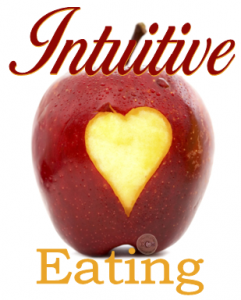
Have you guys noticed it? The sudden influx of the term ‘intuitive eating’ being tossed around the blog world lately? I feel like I can’t go a day without reading a handful of blogs talking about it – in a way, it almost seems like the newest cool thing to do, the newest trend. Suddenly everything is all “intuitive this and intuitive that“… and while it’s certainly not the worst trend to get caught up in, I still find it somewhat problematic for a couple of reasons.
First, it continues to encourage an extreme focus on food. Sneakily, mind you, but the obsessive mindset is still there.
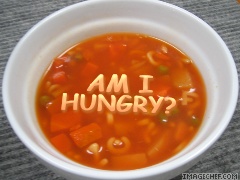
Instead of asking “Am I eating the right thing,” people are now asking “Am I eating in the right way” – the focus on eating, eating, eating (!!!) is still there. Analyzing cravings, analyzing hunger, analyzing portions… it’s still analyzing. It’s still putting way too much focus on food when eating should be something that comes naturally and doesn’t require all that much thought. Heck, the very definition of the word “intuitive” includes the phrase “without conscious reasoning,” so you can’t exactly think about something and do it intuitively at the same time, can you?

Now, I know that the beginning stages of intuitive eating require a lot more conscious awareness and analysis – I’ve been there too. Making the transition from rigid meal planning to a more natural and relaxed approach to eating is a difficult journey and it’s perfectly okay to talk/think about all of the struggles/victories you experience along the way… My only hope is that people aren’t trading one obsessive mindset for another, and that they realize that there has to come a point where you need to let go of the whole idea of intuitive eating and just.eat without making a big deal about it.
That expression actually used to drive me crazy when I was in recovery from my eating disorder. People would see me struggling and tell me to “just eat” and I’d be all: “but… but… how!?!? And what?!? It’s not that simple!!” But in all honesty, it really is that simple. Eating is not hard and does not require constant analysis and calculation. Look at kids, the most intuitive eaters out there. If you were to ask them if how they’re eating is intuitive, they’d probably look at you like you’re crazy and say they’re “just eating” – no fuss, no muss, no second guessing. Want cookie, eat cookie, enjoy cookie, [sometimes grab another cookie], move on. Simple as that. They don’t worry about whether that cookie will make them fat, fit in with their macros, make them go over their allotted daily calorie allowance, or any other nonsense. They just eat.
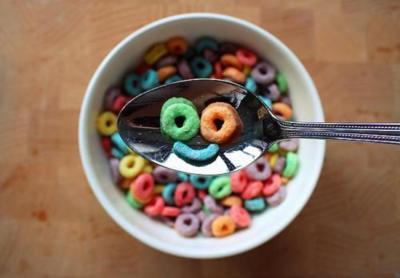
As delicious as it is, food shouldn’t be at the center of our world. We shouldn’t be planning out a day of eats and analyzing where we can fit things in. We shouldn’t be patting ourselves on the back for a meal/food that was properly/bravely eaten. We shouldn’t care so much. Yes, it’s important to fill the tank with healthy fuel, but it’s just as, if not even more, important not to use so much energy stressing over it. Why? Because it’s kind of a waste of time and life…
Want to know my #1 tip for how to eat intuitively? Stop thinking about eating intuitively and just eat – stop worrying about whether or not you’re doing it “right.” Accept the fact that how you eat will never be, and isn’t even meant to be, perfect, and come to peace with that – trust your body to make up for your mistakes. Like I said before, there are days where I undereat, and days where I overeat. There are days where I eat a lot of sugar and carbs, and days where I eat a lot of proteins and fats. There are days where I get my veggies in, and days where I don’t. It all balances out, and lo-and-behold, I’m still alive.

Live. Laugh. Love. Play… Undereat. Overeat. Eat your veggies. Don’t. Take food off the pedestal and stop worrying about it so much. Really. I’ve found that the people who struggle with their eating habits and weight the most are the people who are constantly worrying about those things. A focus on intuitive eating is definitely a step in the right direction, but it’s not the be all, end all – it’s still another clearly labelled way of eating, with guidelines and rules of its own to follow. Those may be necessary during the learning process, but there comes a point where even those need to be tossed aside and intuitive eating replaced with just eating.
. – . – . – .
No questions today – I’d just love to hear your thoughts.

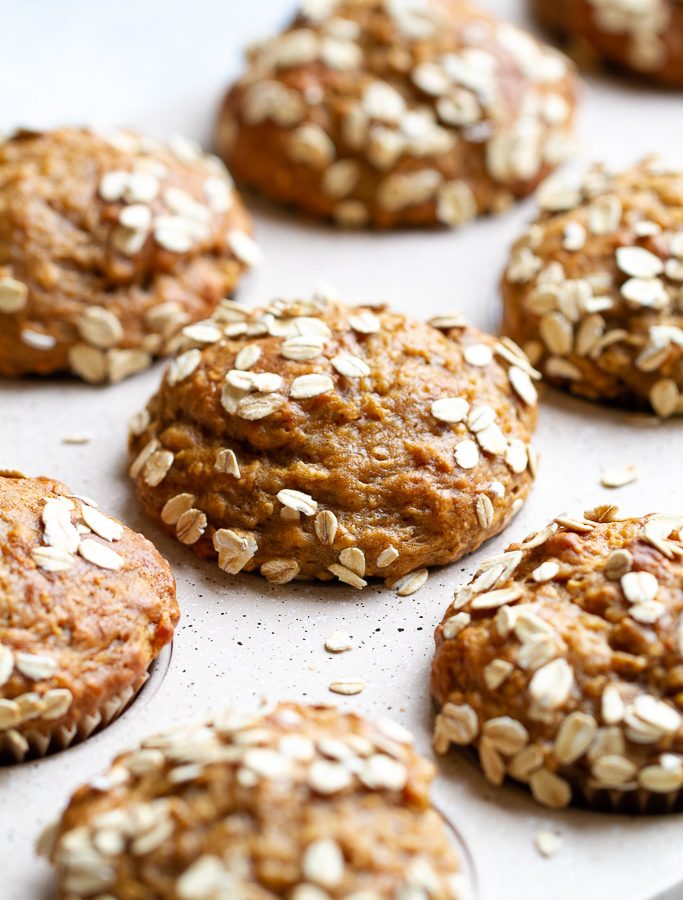
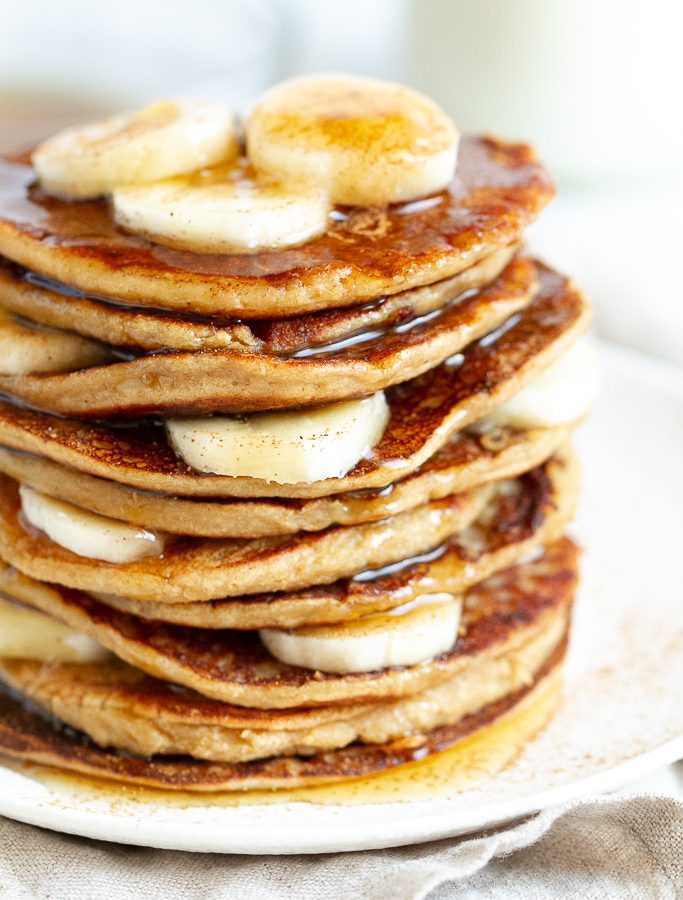
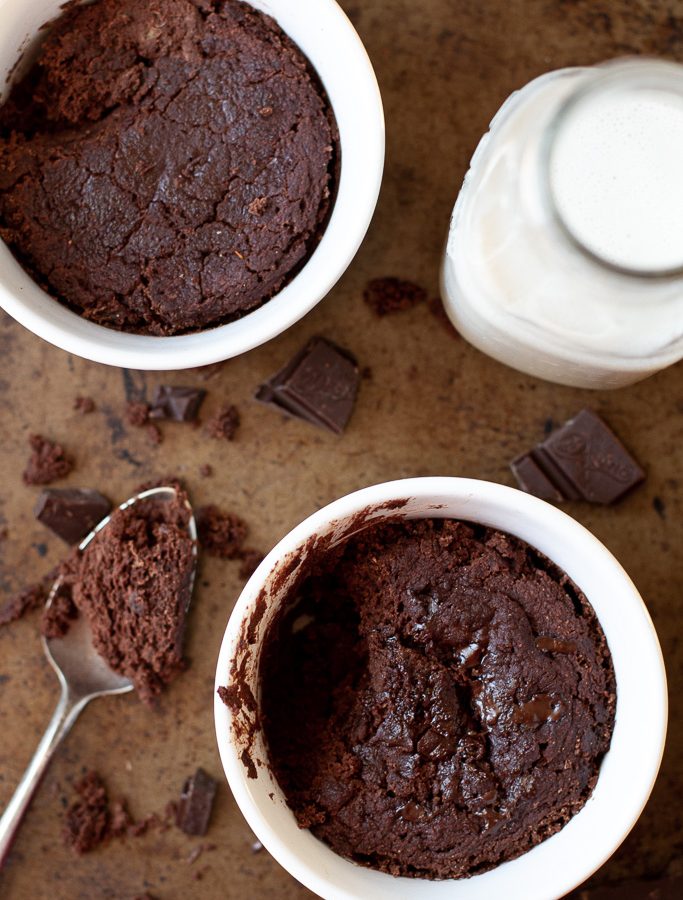
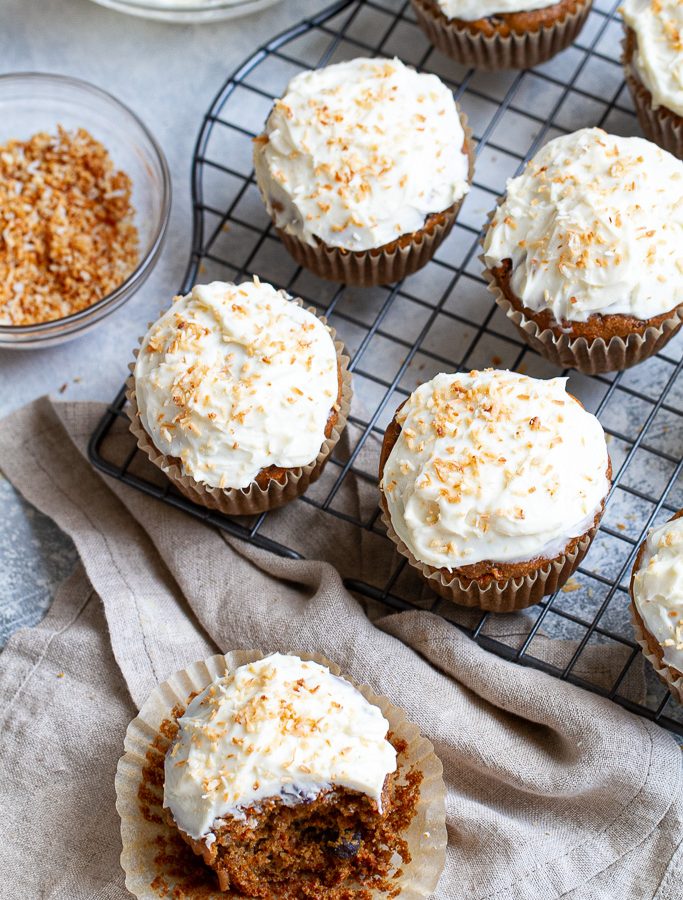
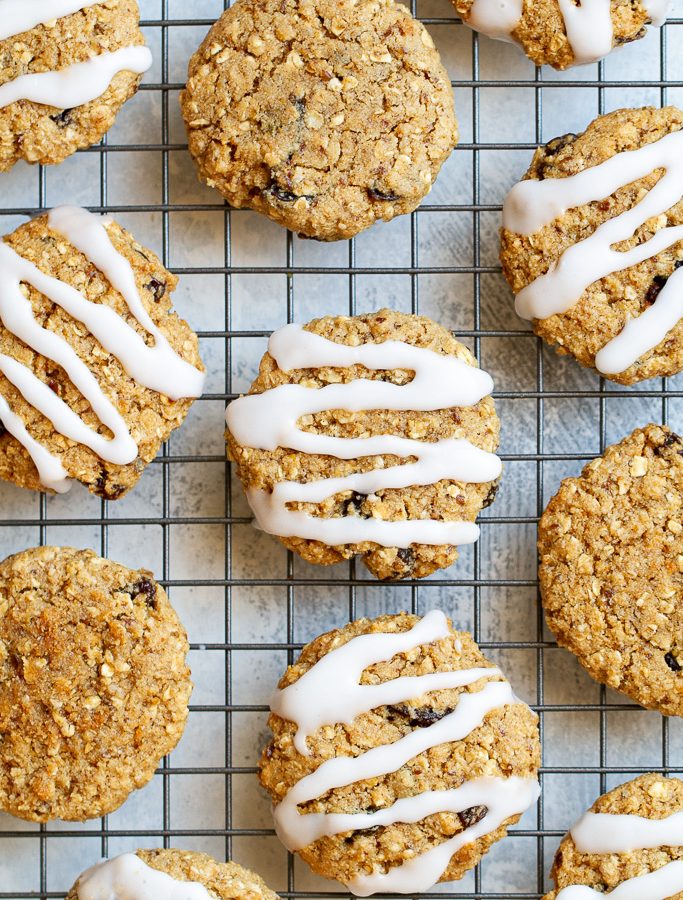
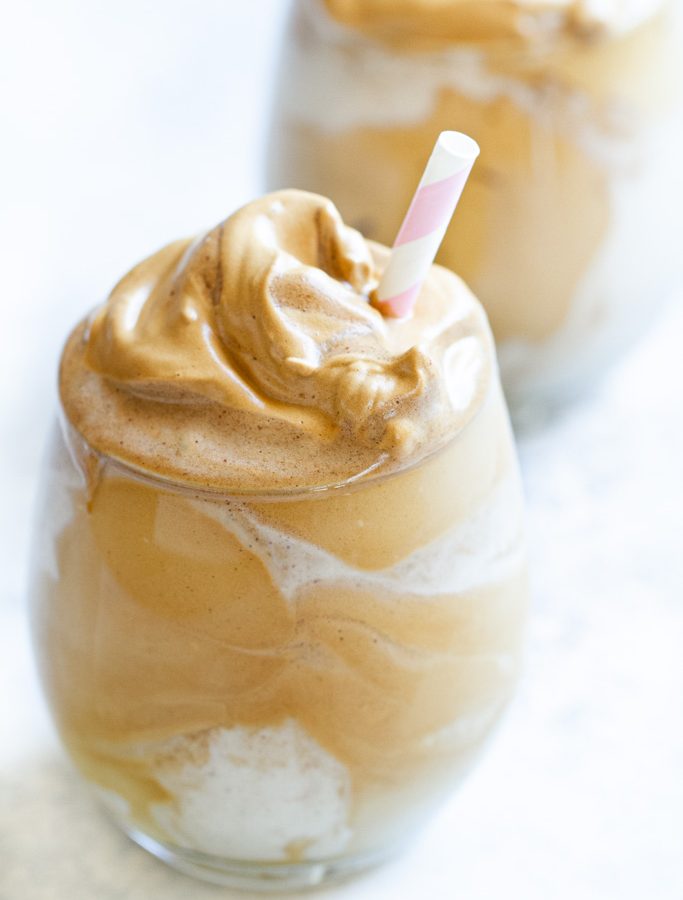
Thank you for this post and many others. I recently discovered I have an ED, and your posts have helped me more than I can express. I love your views on eating. Reading your posts and seeing what you eat really enforces that I have the freedom to eat whatever I’m craving whenever I’m craving it- what a revelation! My journey to recover is starting, and I’m so grateful that I have your blog to read when I need to. There have been many times that one post or another has filled me with the courage to keep going and repel old ways of thinking. I don’t generally post, but I wanted you to know how much your blog has meant to me. It is so open and perfectly imperfect 🙂
I really needed to read this today! – thank you!! I reverse dieted up after disordered eating and a fear of carbs and losing my periods from over training (along with low oestrogen) I want to be the healthiest I can be but scared with eating without tracking on my fitness pal that I will under eat or else over eat on carbs/fats! silly I know! have you any little tips on how to not view food as p/f/c it is so hard getting out of that mindset. I just want no stress and no weighing food for good! xx
this post really resonates with me. i’m currently following iifym, but i know i have developed disordered eating habits. i’m obsessed with tracking and hitting macros. i’m obsessed with how i look and constantly compare myself to fitness instagram accounts. i’ve been thinking about transitioning to intuitive eating in order to “fix” my disordered eating habits, but i agree, after reading this, that intuitive eating will just become another way to obsess over food. thank you for the post, it has given me some more insight into my eating habits. i hope to be able to “just eat” again sometime soon.
I really appreciate your point about striving towards balance. There is definitely a danger there, (especially for chronic dieters and people in recovery from eating disorders) of making intuitive eating into just another way to obsess about food. However, I think you hit the nail on the head when you acknowledged that becoming an intuitive eater does take a lot of focus and attention in the early stages. Perhaps, then, the solution is for intuitive eaters to check in with themselves periodically and notice whether eating has indeed become more intuitive for them, or whether it’s taking up too much mental energy. Sometimes it might be worth taking a vacation IE work for a bit (while not throwing out progress that’s already been made.)
Unfortunately, for individuals who have ever had an eating disorder, yes, one does have to change one’s “focus” from one extreme (the eating disordered experience) to another (“am I sure I’m hungry?” etc.).
I understand the spirit of the post but it doesn’t show a tremendous amount of understanding that for the eating disordered it *is* forever, one way or another…this is just a much more comfortable and less damning forever.
Can anyone honestly blame such an individual for that?
I can not thank you enough for this post.
You have articulated the epiphany I had several weeks ago: eating should not be complicated. It should not be analyzed or stressed over or calculated or whatever! Eating should, first and foremost, be natural.
Thank you sooo much for this wonderful post!! You have put my thoughts into words exactly. I wish everyone could get to this point! Your body WILL balance things out if you just eat what you want with no judgments. Thank you!
I do agree that blogs can put too much of an emphasis on eating perfectly and beautifully and having these super healthy and trendy meals, yet at the end of the day I think you have the wrong idea about intuitive eating. I struggled with an eating disorder for 4 years and when i finally decided I wanted to get healthy I definitely did not start out eating intuitively at all! I had to be extremely regimented and oftentimes at prepackaged foods at preplanned times. However, as time went on intuitive eating became much more important in my recovery process. Sure, at first the emphasis on food is heavy, but that is only because it takes practice to just eat and not feel guilty about it when you have gone so long depriving yourself. I was not listening to my body at all, but over time that is what intuitve eating allowed me to! Sure, it took practice..but the main point behind intuitve eating is being able to eat the foods that you crave. Now, instead of having meals that I feel like I should be having…I am not afraid to go ahead and have pancakes for dinner because that is what I am craving! Intuitive eating has been so extremely helpful in my recovery and I think you may be judging it a little too harshly and just may not get the whole idea behind its purpose.
I’m actually not bad-mouthing intuitive eating at all. I love the concept of it and I’ve found it extremely beneficial in my own recovery as well. What bothers me is seeing people obsess over every single little detail of it and seeing them use it as a reason to restrict – because they “weren’t hungry” so they didn’t eat, or because they were “craving” some strange egg white and stevia concoction. True intuitive eating is a wonderful thing, but jumping into it when you’re still too deep in an ED, and without any outside guidance, is asking for trouble and setting a bad example.
Ok, i definitely see your point now. I think what you are trying to say is that you dislike when people disguise their still lingering food issues as “intuitive eating.” Sure, for someone stll under the stresses of an eating disorder I am sure their “intuition” is telling them to eat small portions or just salads..but in reality that is not what their body is telling them, but what their mind is telling them! Intuitive eating is about listening to your hunger and honoring it…and I totally agree that many blogs tend to post only healthy food choices or small portion sizes and call it eat ing intutitively and that is definitely an issue!
Thank you for this! Very much needed in the blog world : )
Ok, first off, I just have to say that the analyzing aspect of it all is only in the BEGINNING stages of learning HOW to gain back our intuitive senses. I hope other people see that. The point is not to constantly be thinking about cravings, hunger, and portions in the end, but to get things started I think it takes a shift in focus to really see how you feel during that time before you can start to relax and trust your body to take over. I do know that there are people out there who might take this too far and use it as just another way to compare themselves/hold themselves to a standard, but I for one am starting to notice that each day it IS easier to just eat…without all the thinking.
“Accept the fact that how you eat will never be, and isn’t even meant to be, perfect, and come to peace with that.” <- One of the simplest truths yet the hardest to accept for some people…myself included.
Yes yes yes! “So you can’t exactly think about something and do it intuitively at the same time, can you?” <–never has a truer statement been said. Intuitive eating is all about not worrying about what you eat. Not over-thinking it. Not stressing out about it. Food is a necessary part of life, sure. But it shouldn't be at the center of your life. The more distance I put between how I used to think about food and how I am now, the better I feel. I used to think about food all. the. time. Now I pretty much just think about food when I'm hungry. And it's a quick "hmm what do I want for dinner right now?" Intuitive eating should be simple, you shouldn't need to read a 400 page book on the topic to figure out how it works. But I understand not everyone is in the same place, and it can definitely be difficult for someone recovering from disordered eating habits to do. Once you find your way to the other side though, there's no looking back!
I actually just picked up the book IE and Christina alerted me of your post. I am actually trying to learn IE to become one of those people that just eat when I’m hungry and don’t think about it. I realize you’ve seen the term or ideology splashed all over the blog world, but of course perceptions can be skewed as no two people share the same history with food. The book is more about empowerment, choice and freedom from food. Obsessing as opposed to being aware is still just a form of dieting.
I think this is my favourite post that you have ever written. I keep seeing all this intuitive eating on IG and on blogs and I’ve been feeling that these people are JUST as obsessed about they way they eat as those who meal plan and count their macros. From my own experience, I actually GAIN weight when I think too much about what I’m putting in my mouth. When I’m carefree, eat when I’m hungry, stop when I’m full, and just eat what I want…THAT is when I’m happiest and when my body looks its best. Like you said, everything balances out in the end. I’m so happy you’ve gotten to this place. Makes me smile.
Amen. I’m so sick of seeing it all over HLB’s. But I understand Intuitive Eating doesn’t come naturally to everyone. Some people need to really stop and assess what they really want/need before they can ACTUALLY intuitively do it!
But I loved this post. People need to realize that so much thought DOES NOT need to be put into eating. Just eat!
Thanks for the post 🙂
I think some others have mentioned this already, but that IS the end goal of these Intuitive Eating challenges. However, it takes a while to get there and the challenges and “Intuitive Eating” process is a good way to get there. You can’t expect someone that has had an eating disorder or obsession with food to just automatically eat like a child again. That’s a little like telling someone with Anorexia to just “eat more”. It’s really not that easy, and honestly a little disrespectful of the severity of the disease.
I’m not saying you’re doing that! I think you agree with, and recognize, that IE is a good thing for a lot of people – but I don’t want people to start hating on it! I, too, don’t want people to use the IE challenges as a new way to obsess about food, but sometimes its a process with stepping stones and the IE challenge is a good first one.
Good post.
I don’t want people to start hating on it either. I think the real concept behind intuitive eating is a wonderful thing – but when I see people’s “intuition” telling them to eat some sort of egg white and stevia concoction, or load up on a huge plate of vegetables because that’s what they were “craving,” I start to get a little suspicious… What worries me is someone not being in a good enough place yet to start trying to eat intuitively, and then being a negative example to others 😕
Totally agree! Or when people ONLY crave salads or other “healthy” things…or focus WAY TOO HARD on if they are “hungry enough” to eat – that’s not a good thing. BUT it is a process and everyone has the right to go through it as fast or slow, as wrong or “right”, as they are able to at that time. We just gotta give everyone some love and recognize that even if they seem to be stuck in a bad place, they are trying.
Okay, a few days late, but I have to throw in my two cents. I have SUCH mixed feelings on this topic – which is why I choose not to write about it at all on my own site. Because I know that I still think about food all the time, and while I don’t stress about it nearly as much as I used to, there are always a few nagging thoughts at the back of my mind. So yes, there are many principles of “intuitive eating” that I think I need to learn before I can be completely free.
That said, I do think that way to much focus is put on ‘IE success’ rather than just enjoying life and being stress free. It definitely bothers me that I see SO much focus on every little thought, that I’ve definitely taken a step back from blogging. Yes, I still post here and there, but I rarely share my personal thoughts about food anymore. Will I some day? Maybe. But at the moment, I’m trying as best I can to focus on me, and my life, and my career – and less on what I’m eating. Do I think about intuitive eating sometimes? yes. I need to think about it in order to learn how not to think about it. May not seem to make sense, but thinking about feeling is a step to take to just doing without thinking.
BRAVO! I am so sick and tired of hearing about intuitive eating. When you’re focusing so much on food, either way, it’s restrictive. Just eat. Hungry? Eat. It has taken time for me to realize this but I’m happiest and healthiest when I follow this mentality. Thank you for writing this post.
“Live. Laugh. Love. Play… Undereat. Overeat. Eat your veggies. Don’t. Take food off the pedestal and stop worrying about it so much.” – Well said, Amanda.
Sometimes food becomes too much of a focus and it takes us away from just living life and enjoying other things. Gotta keep a healthy balance.
I think intuitive eating is a great idea, however just like anything else it can be taken too far. I think we as a society put food on a pedestal… whether it is paleo, clean eating, vegan, IE, whatever. We give it too much of our time and our thoughts. Can’t we go back to a time where we nourish our bodies and not worry?
Oh boy, you sure know how to work the controversial posts, and I say that in the nicest possible way. Quite frankly, I rather enjoy some of these posts, whether I agree or disagree with your take, because you are open and honest. While I fully confessed to hating pumpkin and avoiding protein powder like the plague, your thoughts touch on a much bigger debate: IE. Yep, it is the hot topic in the HLB world these days, and much like you, I’ve seen a couple things which made me raise my eyebrows and wonder, could we be trading one disordered way for another?
I also think conceptually IE, what I know about it, seems like a good way to look at food and might be an improvement for some or at least a healthy first step. So basically, I’m playing Switzerland with my response, but for what’s it worth, I still dislike all things pumpkin and protein powders on principle alone. GoT tonight…should be good!
Hehe I’m not the biggest fan of pumpkin or protein powders either. GoT, on the other hand, is love.
Personally I have a bit of an issue with the concept of intuitive eating. If I ate intuitively and ‘just ate’ I’d be obese again, it really is as simple as that (for me). I don’t believe that in a world where so much food is refined and processed – and therefore messes with your bodies natural signals – can result in a genuine intuitive approach. I know that when I did my little conscious living experiment, which wasn’t all about intuitive eating though, I learned a lot about myself which has really helped. I think the most important thing is to let go of guilt when it comes to food 🙂
I have to agree that letting go of the guilt is one of the biggest parts of it. Everyone messes up with food, but agonizing over those mistakes and beating ourselves up doesn’t do us any good.
I agree with this, no matter the good intent (and intuitive eating does help many I know, especially once they get past those initial stages), the focus is still on food. I tend to only focus much of my attention on food when either something is so delicious I am thinking how I must instagram/tweet/blog about it (hah), or when my fridge is so empty (thanks to my poor student budget, this is way too often…) and I have to spend way to much energy on figuring out what I can possibly eat/scrounge from my pantry.
Words cannot describe how much I love this post. You have no idea how much you are truly helping others like me. Keep up the positivity. Looking forward to seeing more from you. Xoxo.
We think a lot alike lol. Great post.
I find this truly fascinating and at the same time awful. I myself have struggled over and over again with the right way to eat and it’s really because of my perfectionist type of personality. When I think of the root of it though I think of how I was brought up. Being a little overweight when I was younger, the people around me reinforced messages that were bombarded with in North American culture. My mom would say things like “if you’re hungry you’re losing weight” and others would say “don’t want to lose your girlish figure” if i was going for dessert at a family event. To this day I don’t know how to just eat but i doubt this book would help me because as much as intuitive eating is a concept of normalacy (first we may want to consider what the heck is normal in a society where its more convenient to get chemically produced food like products at all times of the day) BUT..lol.. I personally know my problems are grounded in other areas of my life. I tend to mindlessly much if I’m anxious about something – the problem is where the anxiety’s coming from, not whether or not im hungry/full – the food just happens to be in reach! haha overall sometimes i think that there are a lot of people who look like “normal” eaters who really struggle as well. Everyone has problems in life and it affects not only how we eat but how we sleep, work, exercise and treat other people in our lives. A day we over/uner eat we might also yell at a loved one or skip our usual exercise routine, doesn’t make us bad people or require any extra attention in our lives – its just a part of life.
I love this post. With all the intuitive eating posts around, I have been starting to worry that maybe I’m not eating the right way, but hearing you talk about this makes me realize that it should just be simpler. Right now, I am still just working on taking the focus off of food in my everyday life. It is something I think about way too much and you’re right that it shouldn’t be something to fixate on, there are more important things in life!
I think a lot of us get into trouble with intuitive eating because we say we want to do it, but then are afraid to just dive in. I know that’s the case for me! I read the Intuitive Eating book last summer, and that is something I definitely am striving towards. I’m trying to take things one step at a time though, and convince myself through these smaller steps that things will be okay.
I totally understand your argument but I think for some people (like myself) it’s best to approach intuitive eating like walking on a journey towards a destination.